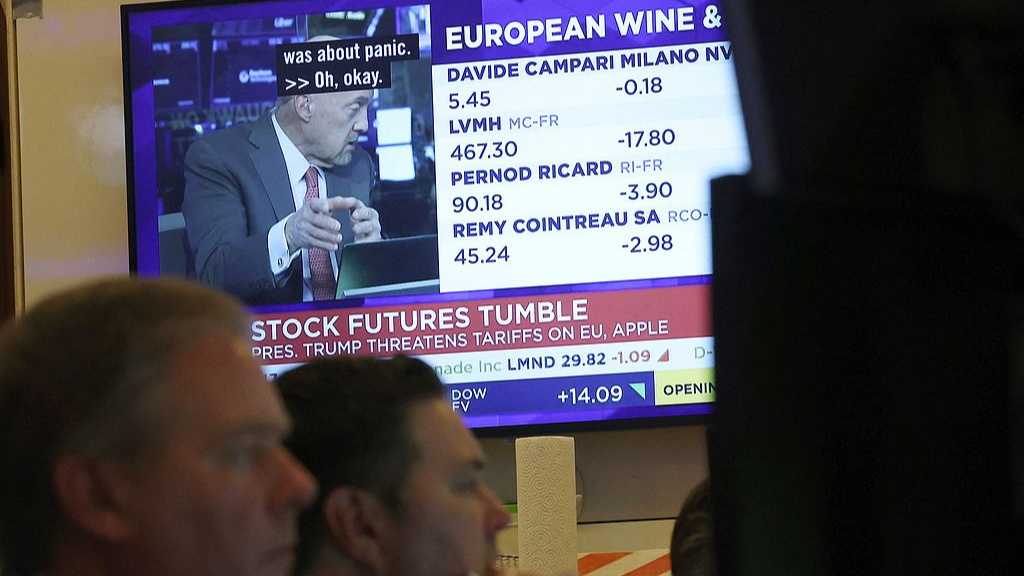US President Donald Trump on Sunday announced the postponement of the planned 50% tariffs on imports from the European Union until July 9, following a "very pleasant conversation" with European Commission President Ursula von der Leyen. The decision comes two days after Trump threatened to impose them immediately from June 1 and said negotiations with the EU were "going nowhere".
Von der Leyen asked for time for "serious negotiations", to which Trump agreed. Nevertheless, the US president again described the EU as a "very difficult partner" and repeated his claim that it was "designed to take advantage of the United States".
There was a strong reaction from Brussels. EU officials warn of retaliationif the US puts its threats into practice. Trade Commissioner Maroš Šefčovič said the EU wants a deal, but trade relations must be based on mutual respect, not threats. Irish Taoiseach Micheál Martin described Trump's move as "extremely disappointing" and warned that the proposed tariffs would seriously damaged one of the world's most dynamic trading relationships.
The chairman of the EU trade committee, German MEP Bernd Lange, has threatened countermeasures in the form of tariffs on up to $113 billion worth of American goods. "We will not be pushed around. If the negotiations fail, the EU is strong enough to defend itself," he told Die Welt.
On the US side, tensions are rising at home. According to a Harris poll for Bloomberg News, 69 % Americans expect price increases due to tariffs and 60 % have already started saving. People are spending less on entertainment and restaurants, and half of respondents say the economy is worse than last year.
Economists are sounding the alarm. Reuters found in April that the probability of a recession in the US in the next 12 months is 50 %, and J.P. Morgan even predicts 60% Risk of economic downturn due to tariffs, despite the temporary suspension of most tariffs.
While Washington and Brussels are planning the next round of negotiations, mutual mistrust and tough rhetoric escalate the risk of a transatlantic trade warwhose impact would be felt not only by the EU and the US, but also by the global economy.



